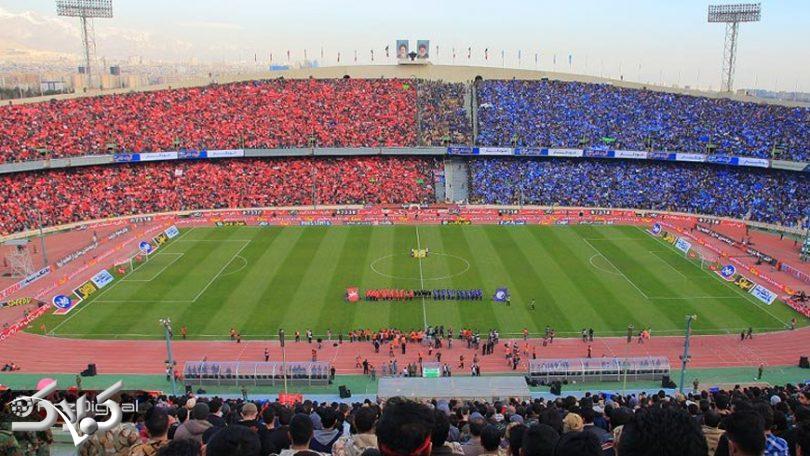In one of the worst weeks of Iranian club football, the four teams representing Iran played in the second round of AFC Champions League and managed 1 point from a possible 12 with Persepolis’ draw against the unfancied Sharjah Club of the UAE.
What have we learned from the appearance of Esteghlal, Sepahan, Shar Khodro, and Persepolis in this edition of AFC Champions League 2020 Week 2:
- After being the top contenders and challengers for trophies in Asia, Iranian clubs are no more than also-ran and will have serious difficulty holding to their quota in the AFC Champions League in the future or even next season.
- Despite the admirable action by sticking to the local coaches, the Iranian clubs have unfortunately also handicapped themselves as they seem to be behind the rest in terms of tactical strategy, game-plans, changes in plans, options and knowledge of modern coaching.
- There is an undeniable gap between the best Iranian coaches and the foreign counterparts who are working in this region. This gap in knowledge and competency requires many years to close.
- The transition from players to successful coaches has never been easy, even if the player was one of the elites. Golmohammadi and Majidi have fared worst in the two matches as head coaches of the two most popular teams in a polarized football of Iran. The results and performances of Persepolis and Esteghlal were extremely disappointing.
- It is quite rare to experience an Iranian team, be it a club or Team Melli come from behind and win a match. This is indicative of a perennial character weakness of the whole team, players and coaches.
- Iranian teams DO NOT learn from their experiences and mistakes. They keep repeating the same and losing due to similar weaknesses. The accountability mostly lies in the coaches for not emphasizing these mistakes and their failures to address them in order to not repeat.
- Protests, objections, shouting and general petulant behavior of the Iranian team have become iconic. It is a regular scene to find an Iranian player or coach protest and shout his head off. This is a serious shortcoming that always affects a player’s performance.
- Iranian teams and coaches have very little regard to sport psychology and as such, players do not act professionally and do not stick to their tasks especially while they are losing.
- The current league has failed to produce quality players for Team Melli. The poor standard of the League, the system, coaching and politics/corruption has ensured that the league players focus on issues unrelated while ignoring their tasks and development.
- Only a handful of Iranian players who took part in the two matches of their team are worth mentioning. Payam Niazmand, Mehdi Ghaedi , Omid Noorafkan and possibly Mehdi Torabi are the only ones that have excelled and could be assets for Team Melli.
- There is a goalkeeper crisis in Iran. Mehdi Rahmati was a calamity in the two matches for Shahr Khodro and his standing watching while the Uzbek player score should be taught in all football schools. Alireza Beiranvand is unreliable, weak and lacking confidence. His performance is also affected by contractual issues and the desire to leave Persepolis. Hossein Hosseini , despite a few good saves for Esteghlal, is quite inconsistent and shaky at times. The only bright keeper that played well in both matches is Payam Niazmand. The young Sepahan keeper was a pleasure to watch and should be seriously considered for Team Melli instead of Beiranvand.
- Iran used to produce solid as a rock defender and any hall of fame of Iranian football will have defenders by the dozen as great defenders. Not anymore. It is a mystery why the defenders are deteriorating, but the answers may lie in the ineffectual coaching and guidance from technical directors.
- The poor standard of Iranian clubs will be directly reflected in Team Melli and threatens its ambition to qualify for the World Cup.

